Anti-immigrant far-right parties made big gains in the EU elections. Here's what we know so far about how the results could impact migrants and migration policy in the bloc.
On Monday (June 10), European Parliament election results confirmed what exit polls were already showing on Sunday night: Many far-right parties made huge gains from a relatively low base, and center-right parties held most of their ground.
Although these gains were largely expected, some individual country results --- particularly those in France and Germany --- have sent shockwaves through parts of Europe.
'Significantly strengthened'
European politicians like Marine Le Pen in France and Giorgia Meloni in Italy "emerge significantly strengthened" from the EU elections, Pawel Zerka, a senior policy fellow at the European Council on Foreign Relations, wrote in an email.
Zerka wrote that although Le Pen will need to confirm her gains in national legislative elections to be held in France at the end of the month, Meloni "will be pivotal in shaping the next EU leadership and the EU’s strategic agenda."
Also read: Racism 'on the rise' 20 years after NSU bombing in Germany
Top jobs, still to be decided
Analysts predicted that parties preaching a tougher stance on immigration would do well ahead of the elections, which took place between June 6 and 9.
This has already led to a toughening on migration by the European Commission, led by the German Christian Democrat CDU party member Ursula von der Leyen.
Also read: EU elections, immigration top concern in Germany
The new European Pact on Migration, which promises to speed up processes to repatriate migrants who do not meet the requirements for asylum or special protection, was passed under her lead at the end of April.
The new European Parliament will meet from July 16 to 19 to elect a new president and vice-president and determine how many MEPs will sit on each parliamentary committee.
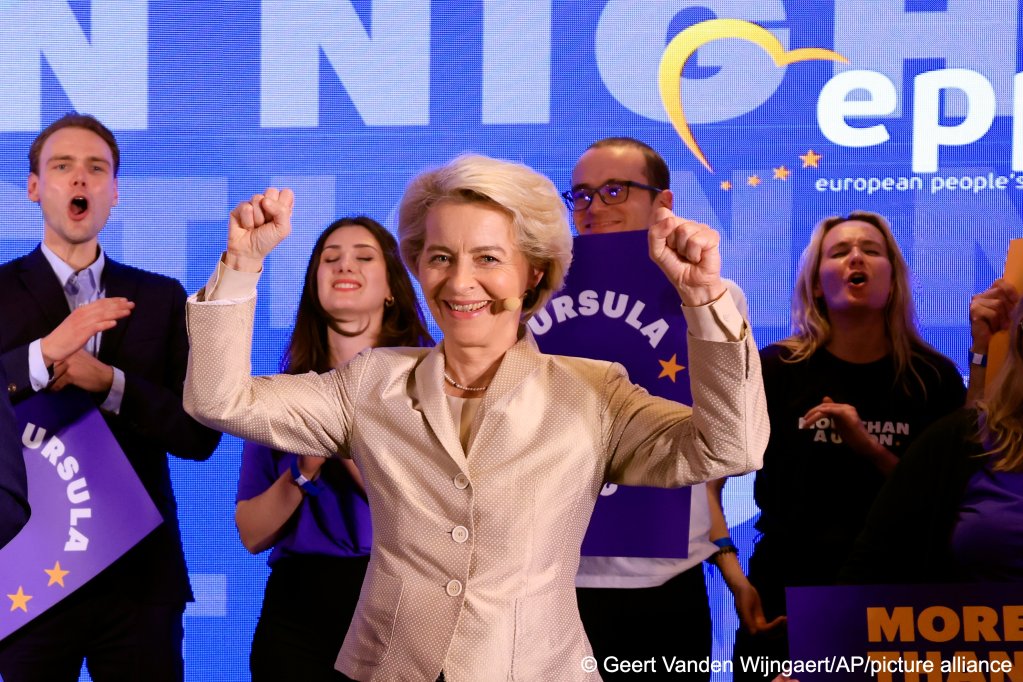
Later in the summer, the European Parliament will elect a new European Commission president. Ursula von der Leyen is hoping to be elected a second time, but she is not a shoo-in and could be replaced.
Until that vote takes place, it will be difficult to predict exactly what effect the new political makeup of Europe might have on migration policy. Here is what we know so far.
Which way will the center right look for support?
Many predict that von der Leyen will need support from further right leaders to secure her re-election. That would add to the potential leverage these blocs could wield in the European Parliament.
Luigi Scazzieri, a senior research fellow at the Center for European Reform, told the news agency Reuters that the center right already appears to be cooling on certain policies it has held in line with parties closer to the left.
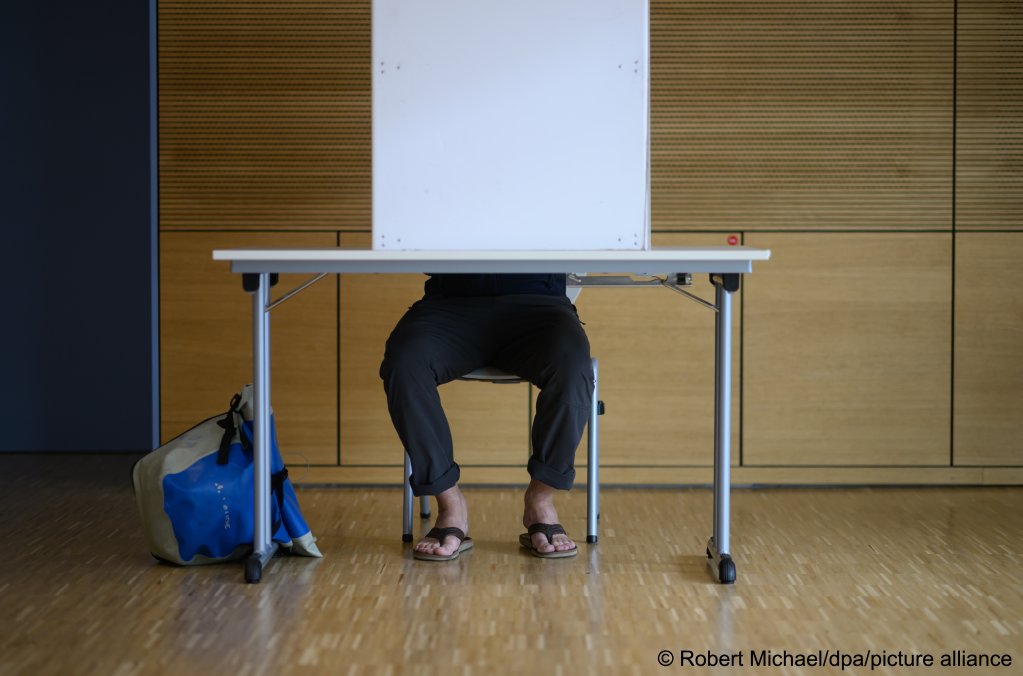
Scazzieri told Reuters he could "envisage a right-wing push to increase external processing of migrants and a tougher passage of reforms required to allow EU enlargement, such as reducing the need for unanimity in decisions."
Also read: Why immigration is a major issue in the UK election
"I expect this to play out over time rather than have an immediate effect," said Scazzieri. "They also have quite a powerful shaping effect on the broader political debate."
Few unifying factors in the extreme right
Corina Stratulat, associate director of the European Policy Center (EPC), noted that although far-right parties don’t have a strong unified record across the bloc, most are united in their ambitions to reduce migration.
Stratulat explained to Reuters that despite this unifying factor, Le Pen’s party and her allies expelled Germany’s AfD from their bloc last month.
Hungary’s Fidesz party would be a "step too far" for some of Meloni’s allies, including Belgium's N-VA, she said.
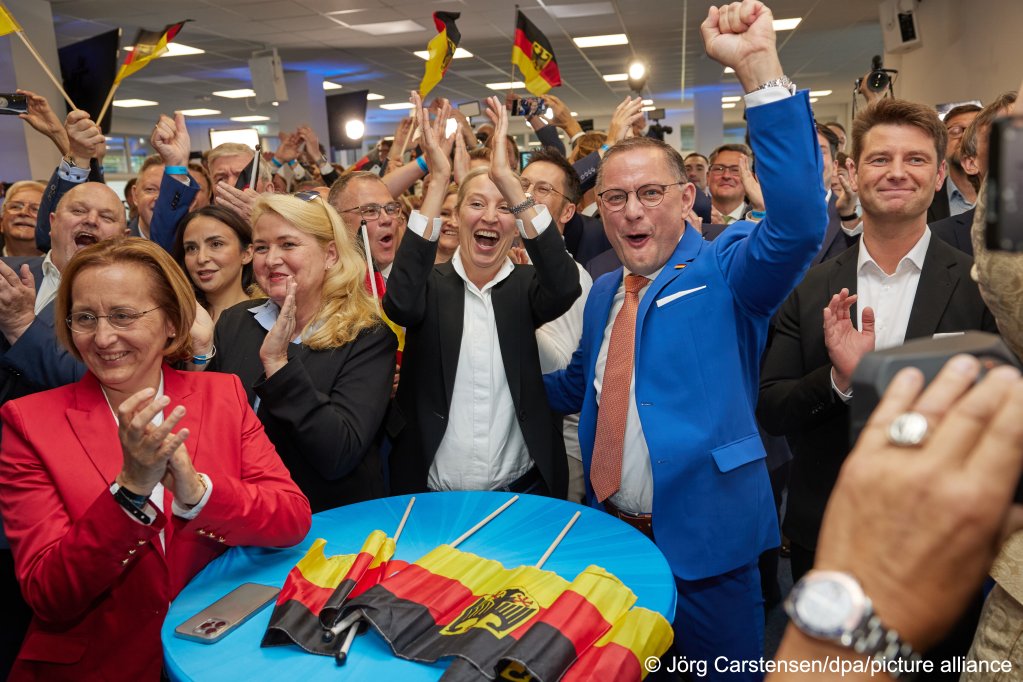
Stratulat said the far right would have needed to win more than 70% of the European parliament seats to completely control vote outcomes.
Also read: In France, leader of National Rally party proposes 'systematic pushbacks'
Center right tallies wins
The 720 seats in the new legislature will be divided as follows: The center-right EPP (European People’s Party) will still make up the largest single bloc, with 186 seats. The group gained around ten seats.
The center-left Group of the Progressive Alliance of Socialists and Democrats in the European Parliament (S&D) came in next, with 135 seats. The group lost around four seats.
The Renew Europe group, which has center-right and center-left factions, earned the third most seats, with 79, down significantly from its previous 102 seats.
The center-right European Conservatives and Reformists (ECR) group and the far-right Identity and Democracy (ID) group came in fourth and fifth, with 73 and 58 seats, respectively. Both groups made gains in the weekend election.
The ECR and ID surpassed the center-left Group of the Greens/European Free Alliance (Greens/EFA), which previously held the fourth most seats in the European Parliament. In the weekend's election, the Greens lost nearly 20 seats, coming in sixth with 53.
Members that are not attached to a political group came in seventh with 45 seats. The Left followed with 36 seats. Newly elected members not allied to any of the political groups set up in the outgoing parliament earned 55 seats.
So could European migration policy change?
It is likely that the presence of more right-wing parties in parliament will have an influence on future migration policy. Although the parties are not united on all issues, most of them hold strong anti-migration stances.
In 2022, Euronews noted that the ID grouping said it rejected "the way in which the European Union is further blurring Europe’s borders into a management of migratory rights instead of geographical limits of the continent."
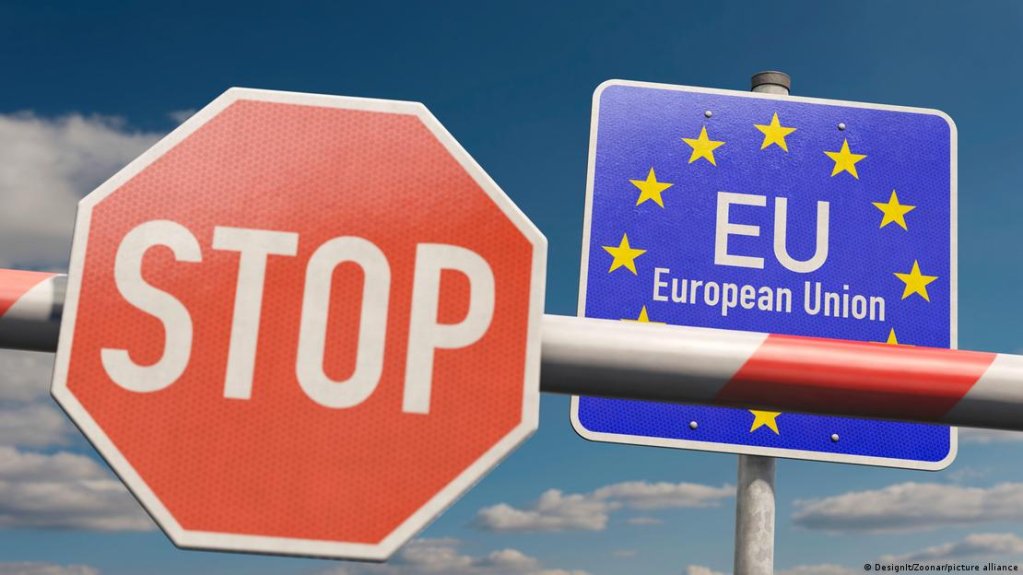
The ECR group is also "all about outsourcing" of migration, according to analysis conducted by Euronews prior to the elections.
Italy’s current Prime Minister Giorgia Meloni is head of the party Fratelli d’Italia, or Brothers of Italy, which forms a dominant faction of the group.
Italy’s deal with Albania, in which some migrants will be taken to Albanian centers to have their asylum claims assessed, is an example of the kind of outsourcing this group might push for. The idea of outsourcing is also not ruled out in the current EU asylum pact.
Calling solidarity into question
In a joint statement ahead of the elections, the ECR group called into question the principle of "mandatory solidarity", a feature of the new migration pact.
The statement said that people who voted for ECR parties should not be forced to "welcome illegal migrants without the consent of [a country’s] citizens," reported Euronews.
However, it is worth remembering that one of the most powerful parties in that bloc, Meloni's Brothers of Italy, is generally supportive of the idea of solidarity because it benefits 'frontline' countries like Italy that take in the lion's share of migrants arriving on the continent.
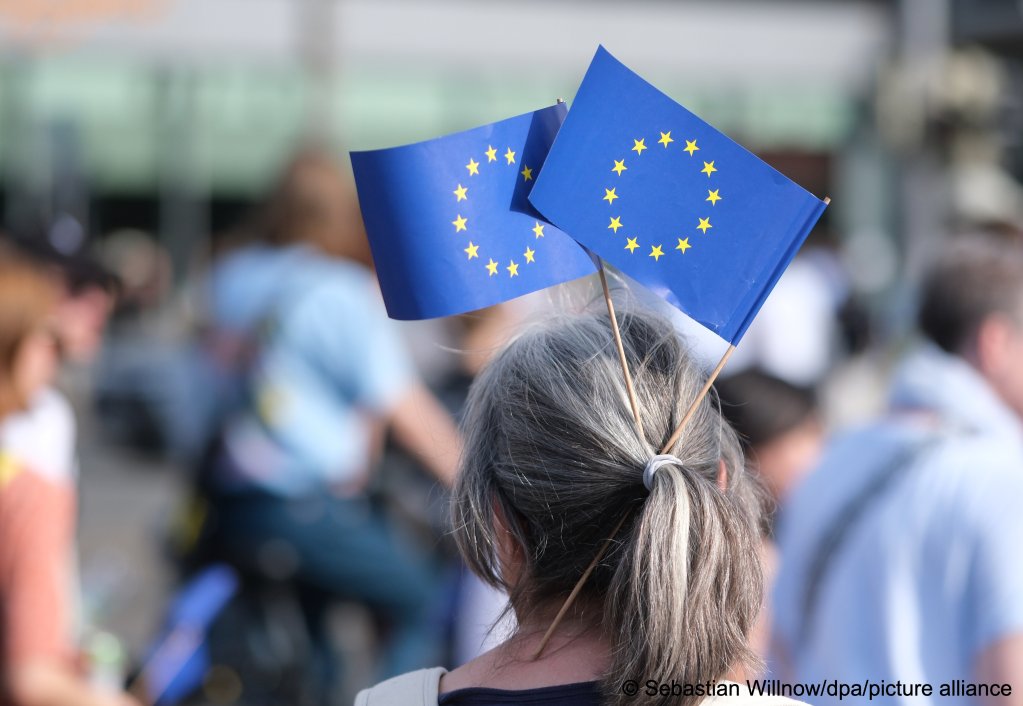
This group also wants control of all possible entry points to the EU and an "enhanced" border infrastructure.
It calls for a reinforced role for Frontex and the European border force Europol, as well as "new measures to combat trafficking, increase repatriations and 'collaborate with third countries on the externalization of migration management.'"
Not so much difference between the EPP and socialists on migration
The S&D urges the implementation of the new migration pact in a "fair, safe and predictable manner."
The group has underlined that people’s human rights and dignity should be fully respected, and has emphasized the need for "humane and decent" reception conditions.
Similar to the EPP bloc, the socialist bloc generally agrees with strengthening the European Union's external borders and cooperation with countries of origin and transit. However, the group does not agree with the idea of outsourcing.
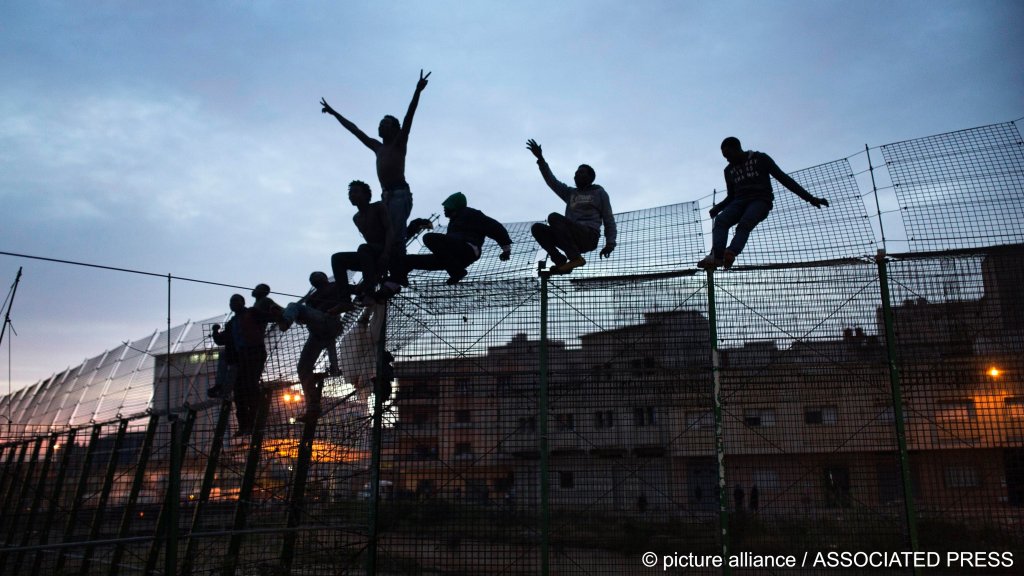
Who will take up the top jobs?
Zerka said "the biggest unknown" following these elections "is the composition of the EU’s next leadership." The European Commission carries out policies on which the European Parliament votes.
Traditionally bloc leadership has been distributed between the center right, center left and the liberals.
Zerka said that although von der Leyen, Antonio Costa from the center left and Kaja Kallas from the liberals are still in the running to be President of the European Council (for Costa) and High Representative for Foreign Affairs (for Kallas), their positions are shaky.
He said Donald Tusk’s strong showing in Poland and Giorgia Meloni's in Italy could "put them in a position of being able to claim a share in the core leadership.”
He said this element, plus uncertainty created by fresh parliamentary elections in France, ”may delay decisions until early autumn and open the field to new candidates."
Poland
As Piotr Buras, head of the European Council on Foreign Relations office in Warsaw, points out, "altogether 48% of the Poles voted for ECR or ID parties."
So, although Tusk did well in the European elections, gaining 37% of the votes in Poland, his coalition partners were somewhat weakened.
Tusk has continued with much of the migration policy that his predecessors Law and Justice PiS held, including strengthening the border with Belarus and continuing pushbacks in the border zone.
